
Dates: August 7, 2022 - August 20, 2022
Location: Bocas Research Station, Bocas del Toro, Panama
Organizer: Dr. Rachel Collin STRI, Panama
Registration Fee: $800 (includes room and board, STRI registration fee, etc.). Some need-based fellowships are available.
Instructors:
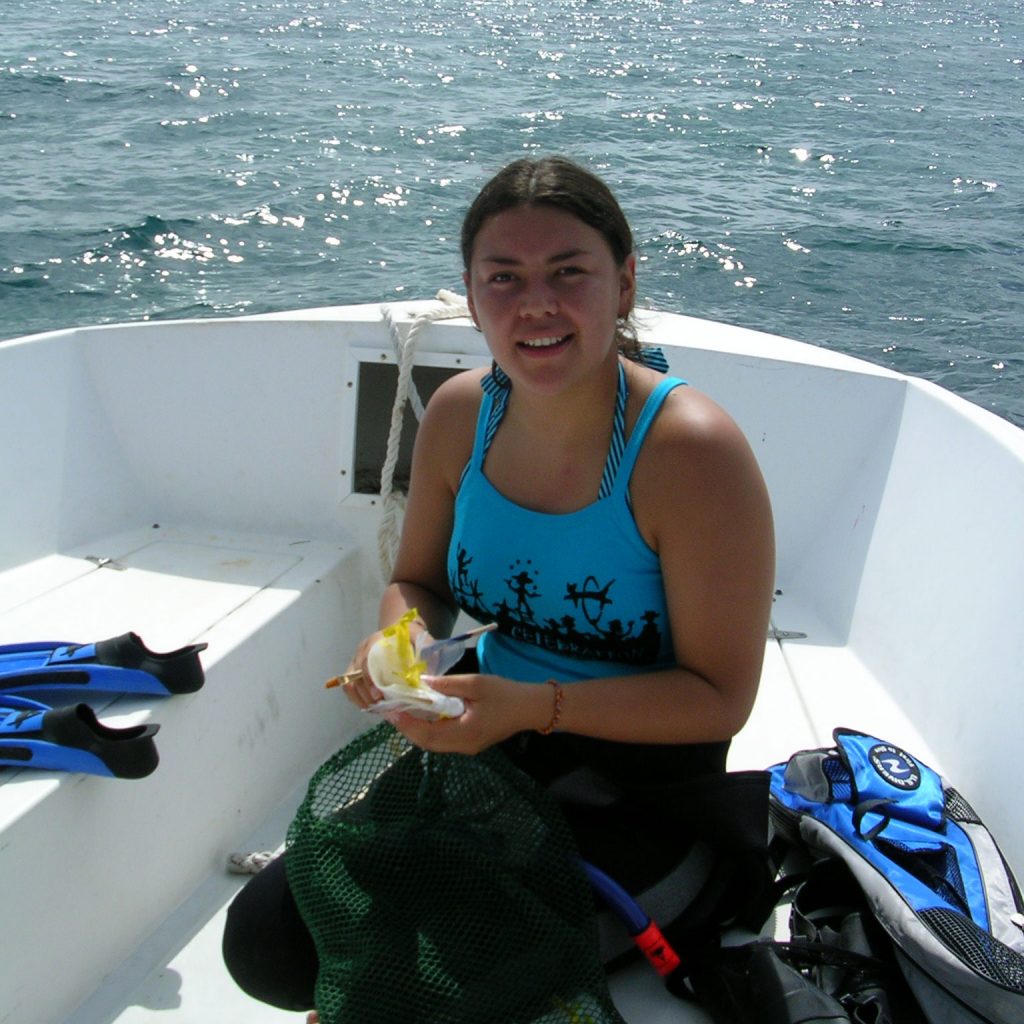
Marcela Bolaños
Harvard University - Department of Organismic and Evolutionary Biology
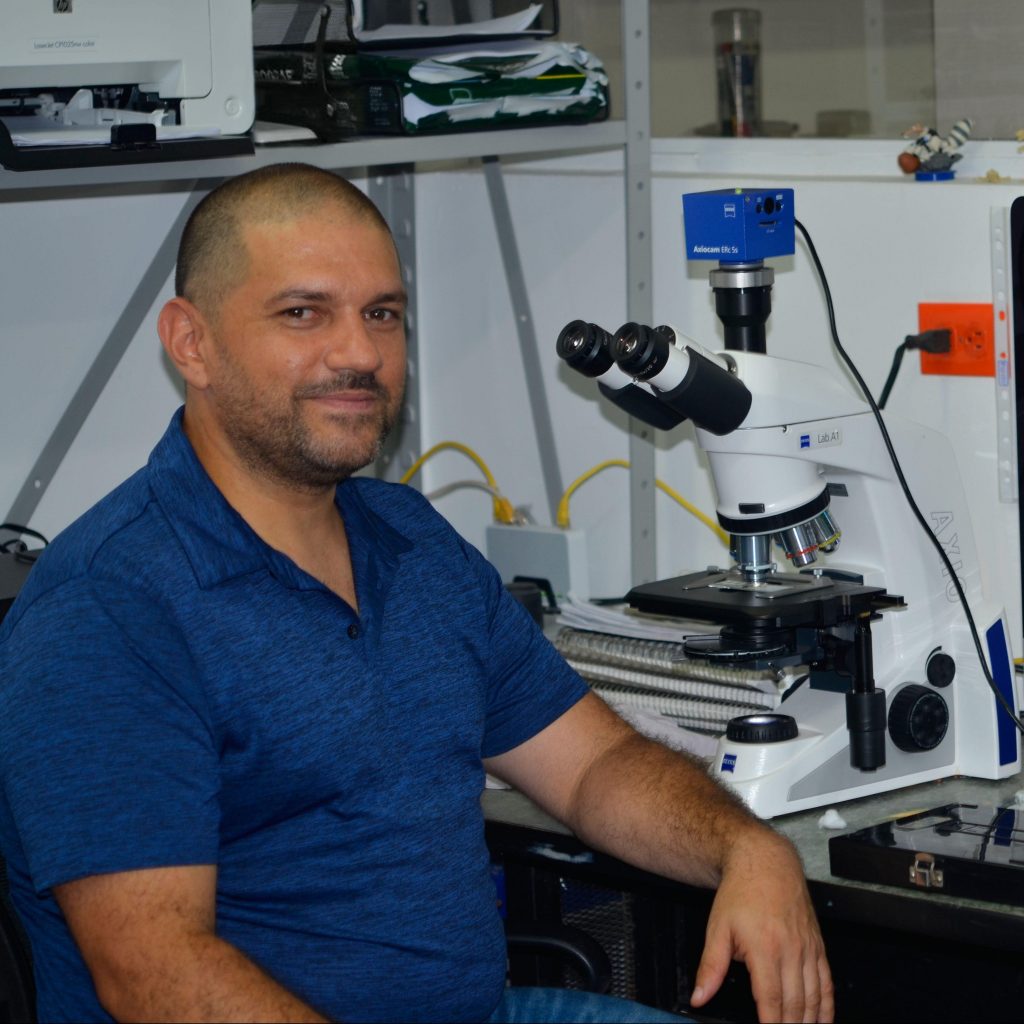
Sigmer Quiroga
Universidad del Magdalena in Santa Marta, Colombia
Course description:
Polyclads represent a highly diverse group of free-living marine flatworms that has been critically overlooked for decades. They lack a stable and reliable classification system since their taxonomy has been traditionally based on the structures of the male and female reproductive systems seen only through the study of serial histological sections. Similarly, color and patterns have also been used for classification; however, these features often represent a problem because in several descriptions scattered throughout the literature, color was not recorded accurately or was lost after fixation before being documented. Even more alarming, only a handful of polyclad researchers worldwide are currently active and expertise on this taxon is getting lost. Therefore, this course intends to train a new generation of polyclad taxonomists by providing a deep understanding of their systematics and a conceptual framework for species descriptions. This is an intensive two-week training with daily lectures complemented by field trips and extensive laboratory sessions designed for advanced undergraduate, graduate students, postdocs, and early career researchers involved in the field of taxonomy or to students and researchers who are particularly interested in marine invertebrate biodiversity.
The past, the present and the future of polyclad diversity and taxonomy will be study by reviewing the traditional morphological classification system and the assessment of existing knowledge gaps. Also, contemporary views of molecular phylogenies will be compared and problems posed by molecular techniques will be evaluated. Finally, future research directions combining molecular tools and morphological approaches will be addressed. At the end of the course the students will:
- Become familiar with the current classification system and molecular phylogenies for polyclads;
- Advance the skills recognizing fundamental reproductive structures used to identify cotylean and acotylean flatworms, especially those from Bocas del Toro region; and
- Learn morphological and molecular techniques used in polyclad collection, preservation, and identification.
The course is limited to 12 students and will be taught in English.
Application: Please e-mail your CV, 1 letter of recommendation, and a 1-2 page statement explaining your background and reasons for taking the course, to bocasresearchstation@gmail.com before February 1st, 2022. To be considered for a need-based fellowship, applicants should send a description of their need, their efforts to obtain funding from other available sources, and a travel budget. For more information see: http://www.stri.si.edu/sites/taxonomy_training/
Participants:
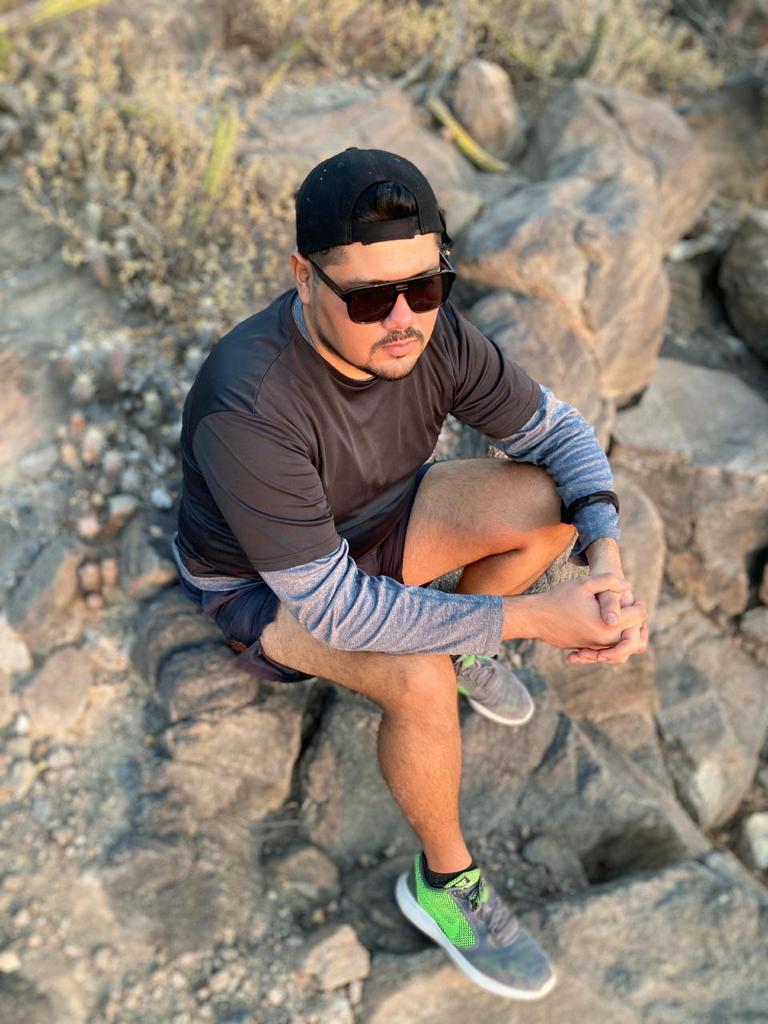
Adair Gutierrez
Universidad Autónoma de Baja California Sur, México
I am a Marine Biologist from Mexico and I am a doctoral student of Universidad Autonoma de Baja California Sur (Mexico). I am interested in the taxonomy, phylogeny, evolution, reproduction and biogeography of Polyclads flatworms. My research focuses mainly on the biodiversity of polyclads along the coasts of the Gulf of California and Mexican Pacific. Currently, my research is focused on integrative taxonomy and biogeography of this group in Mexico to describe new species and generate knowledge of this group in my country.
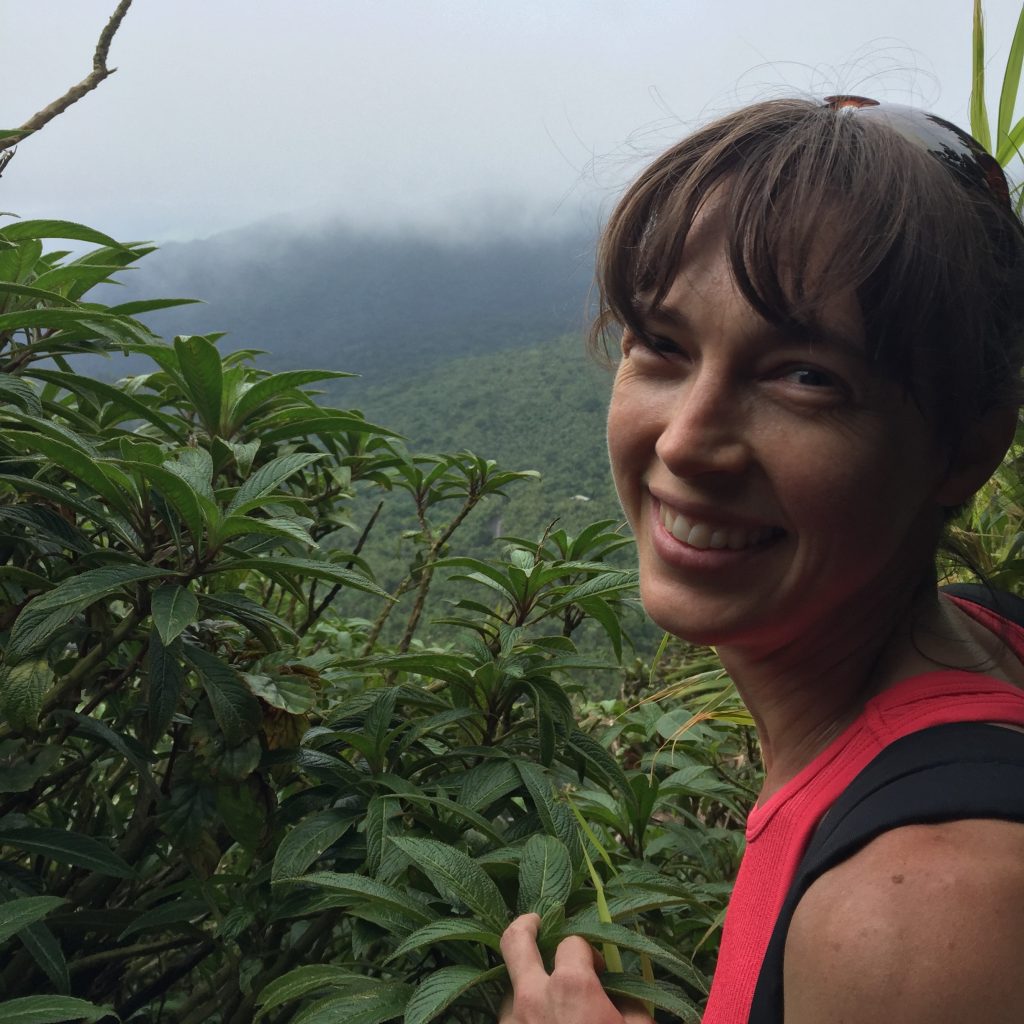
Amanda Bemis
University of Florida Museum, USA
Mandy is a Collections Manager of the Invertebrate Zoology division at the Florida Museum of Natural History on the University of Florida campus. Because the division houses all invertebrates other than terrestrial arthropods (ok, maybe a few of those too), Mandy is responsible for the care of a large diversity of specimens, including a growing collection of polyclad flatworms. Although most of her attention is devoted to the care of the current collection, she also contributes to its growth, and fieldwork has taken her to locations around the world in the pursuit of documenting biodiversity. She is looking forward to expanding her knowledge of this charismatic yet underappreciated group and using this knowledge to enhance current and future collections with accurate taxonomy and best practices in collection and preservation techniques.
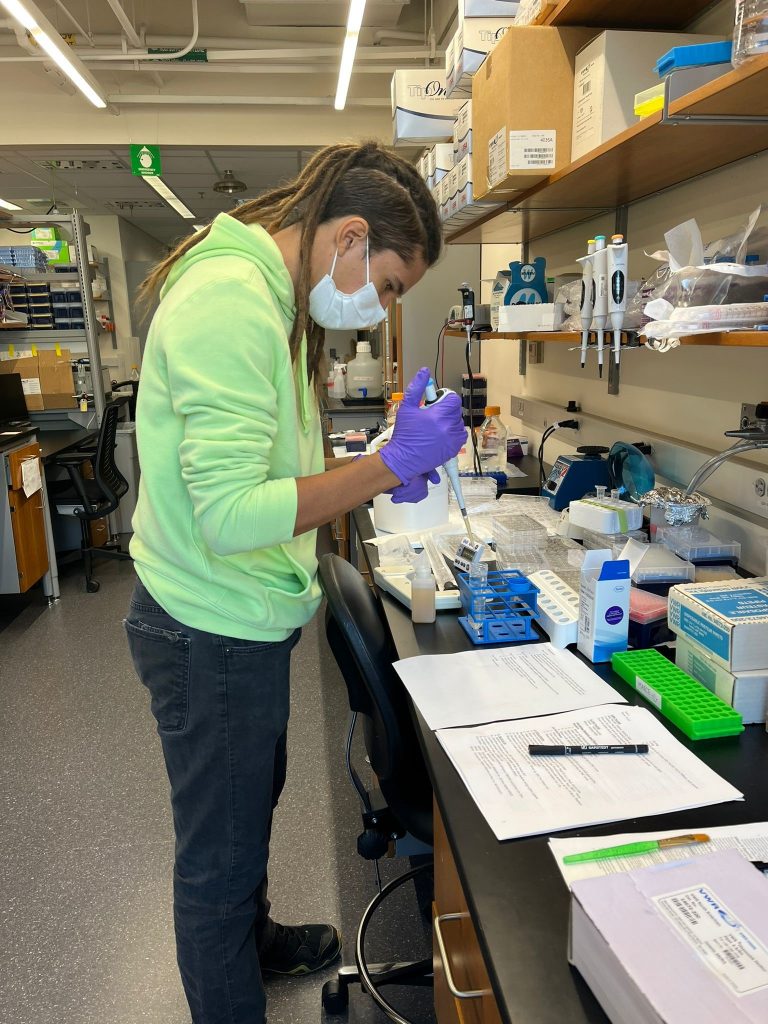
Andres Rojas
Universidad de Magdalena, Colombia
My name is Andrés Rojas, and I am a fifth-year Biology student at the Universidad del Magdalena in Santa Marta, Colombia. My scientific hobby is photography of protists! With all their differences in form and function, they motivate me to find and photograph more of them. My social hobby is a sport called Ultimate frisbee, which I have been playing since 2009 when I was in high school. Thanks to this sport, my career as a Biologist was almost free.
I am from the center of Colombia, more exactly from the city of Bucaramanga, but 5 years ago I moved with my family (parents and sister) to Santa Marta on the Caribbean coast of Colombia. In our house we have a dog called Fox and two cats, Olivia and Mango.
I started studying Polyclads three years ago and have developed this strong passion for invertebrate zoology thanks to my research advisor Sigmer Quiroga and co-advisor Dr. Marcela Bolaños. Right now, I'm doing research with a Cotylean species, Boninia antillarum. My current research focuses on describing the embryonic development, regenerative capacity and anatomy of B. antillarum using microscopic and histological techniques.
The main goal of my research is to understand the evolutionary development of regeneration capabilities within Polycladida. In order to advance my research with this group of animals, I come motivated and happy to take this wonderful course.
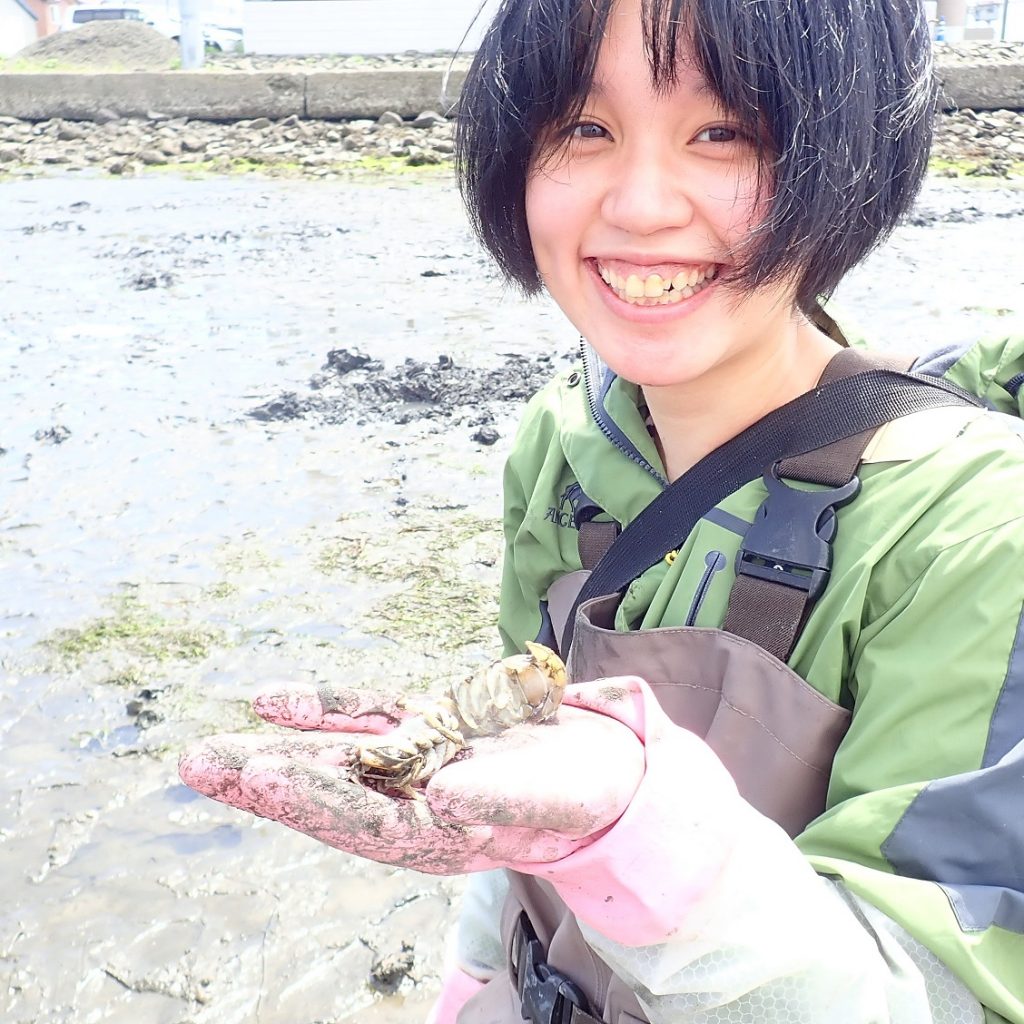
Aoi Tsuyuki
Hokaido University, Japan
I am Aoi Tsuyuki, a PhD student of Hokkaido University. My PhD thesis is focused on the taxonomic and phylogenetic study of Cotylea around Japan. I am also very interested in other research fields including ecology, evolution, and morphology about polyclad flatworms.
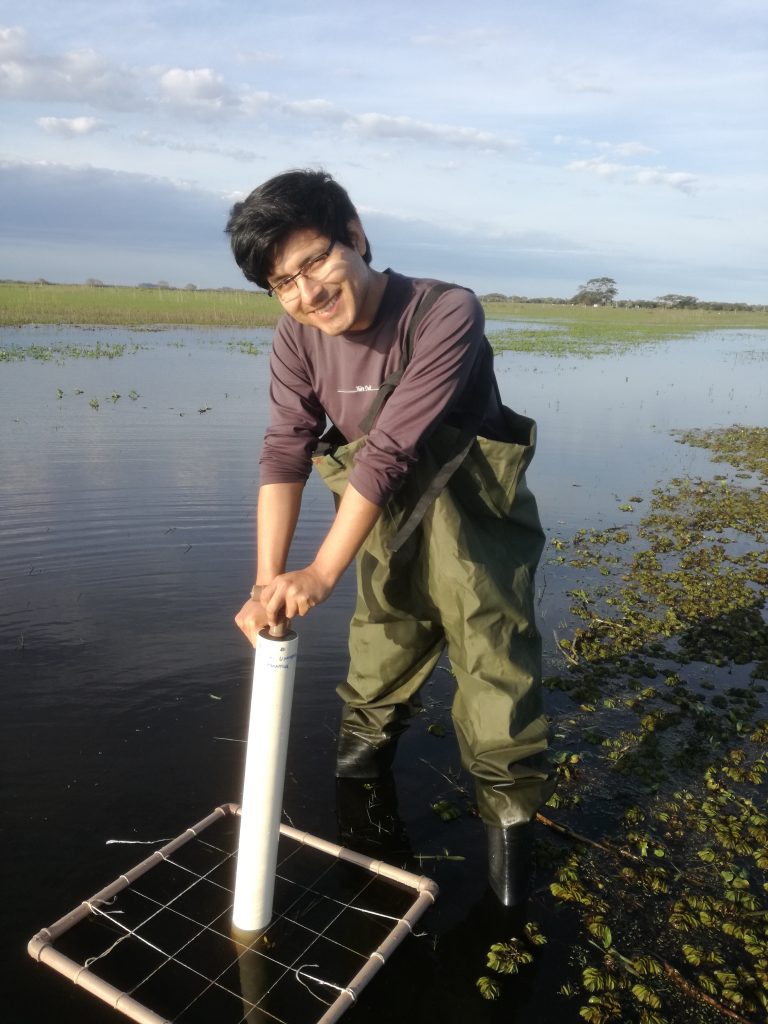
Jhoe Steve Reyes Pajuelo
Universidad Científica del Sur: Lima, Lima, Peru
My training as a zoologist at the Universidad Nacional Mayor de San Marcos, Peru, allowed me to learn about much of the diversity of animals in the neotropical region. However, the study of free-living Platyhelminthes, for me, emerged as a serendipity while looking for rotifers under the microscope, in an undergraduate course. Since then I have dedicated myself to recording the diversity of "Turbellarians'' (mainly microturbellarians) in the neotropical region, particularly in Peru and Brazil. I believe that this course will help me better understand, classify and study the intricate group of Polycladida, which is very complex and diverse, with many species yet to be discovered in Peruvian waters.

This project is supported by the National Science Foundation’s Division of Environmental Biology (DEB) through an award titled “Collaborative Research: ARTS: Understanding Tropical Invertebrate Diversity Through Integrative Revisionary Systematics and Training” (DEB-1856504). Any opinions, findings, and conclusions or recommendations expressed on this website are those of the authors and do not necessarily reflect the views of the National Science Foundation.








